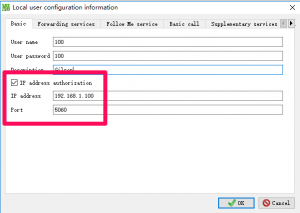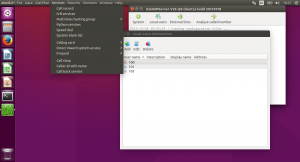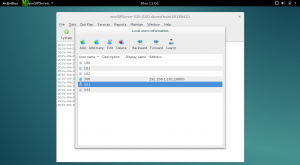Anti SIP scanning
One of our customers reported that his extensions have been cracked. We checked its MSS CDR records. It seems someone has cracked one extension’s password and used this extension number to make lots of calls.
Obveriously, it is a very dangerous problem. We think this “hacker” might send lots of SIP messages to MSS to try such extension’s password. MSS previous version doesn’t consider this scenario and always permit the SIP phone to keep trying its password until it is authorized.
To stop this, we upgrade V26 to support “fail to ban (F2B)” feature. Once SIP phone has failed to check authorization for several times in one minute, MSS will detect it as “scanning” and ban its IP address for several hours. All SIP messages from such address will be rejected directly. Then it is impossible for “hacker” to crack SIP passwords.
This feature is enabled by default and need configure nothing for it.


